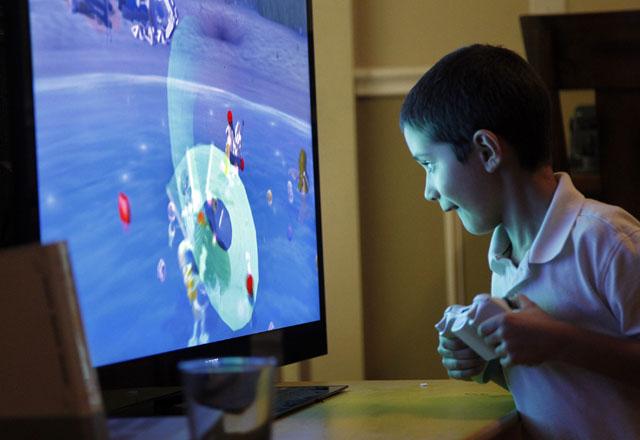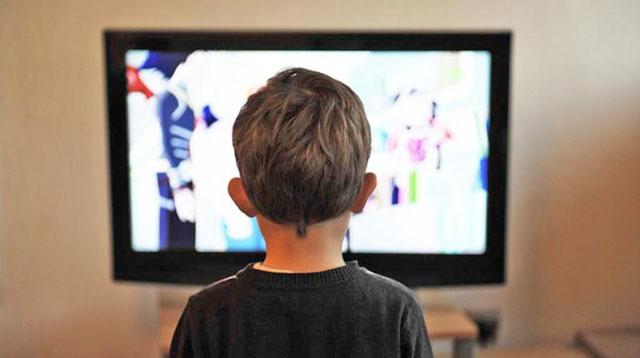You are here
Mothers’ monitoring of media tied to kids’ weight
By Reuters - Mar 18,2014 - Last updated at Mar 18,2014

NEW YORK – Children whose mothers pay close attention to how much time they spend watching TV and playing video games tend to weigh less, according to a new study.
Researchers found that mothers who were more active in their media supervision had children who were thinner at age seven and who gained less weight over the next few years.
“At this point we can say there is an association but we cannot say exactly why,” Stacey Tiberio, the study’s lead author from the Oregon Social Learning Centre in Eugene, told Reuters Health.
For example, she said the results could be due to vigilant mothers encouraging their children to be more active instead of letting them watch TV. It could also be that their kids aren’t spending as much time being exposed to food advertisements.
The researchers write in JAMA Paediatrics that understanding the role of parental media monitoring is crucial in the development of obesity programmes and interventions.
For the new study, they used data from 112 mothers, 103 fathers and their 213 children.
Parents and children answered questionnaires, were interviewed and received physicals when the kids were five, seven and nine years old. The data were collected between 1998 and 2012.
The researchers found that when mothers reported spending less time monitoring their kids’ media consumption, kids tended be heavier at seven years old.
What’s more, less aggressive media monitoring by mothers was tied to more irregular weights among children over the entire study period.
Monitoring by fathers was not tied to changes in weight. Tiberio said that may be because mothers tend to be children’s primary caregiver. She also cautioned that these are only the results of one study.
But she said showing a link between TV monitoring and weight in this group is important, because early adolescence tends to be a crucial point for many people weight-wise.
“It’s basically a one-way door,” Tiberio said. “If you are obese by middle childhood, you have an increased likelihood of staying in that group.”
Jennifer Falbe, who was not involved with the new research but has studied screen time and its connection to weight, told Reuters Health the new study supports current recommendations.
“What they found is consistent with the American Academy of Paediatrics recommendation to limit children’s total screen time to no more than one to two hours per day of high quality content,” she said.
Falbe is a researcher at the University of California, Berkeley School of Public Health.
“Parents should keep TV sets and other electronic media out of children’s bedrooms,” she said. “Research has also indicated that parents’ own TV viewing habits can influence their children. In addition to limiting their children’s screen time, it’s also important to set a good example.”
Related Articles
Children’s waistlines have been expanding in lock step with the amount of time they spend with televisions, computers, smartphones and table
Researchers have identified a new culprit in the epidemic of childhood obesity: parents who can’t even tell that their pudgy kids are overweight.
Pregnant women who drink non-diet sodas during pregnancy are more likely to have kids who carry extra body fat by age 7, researchers say.&nb














